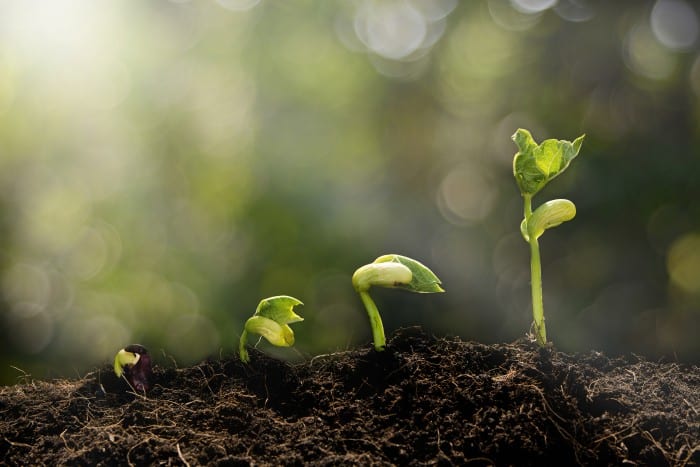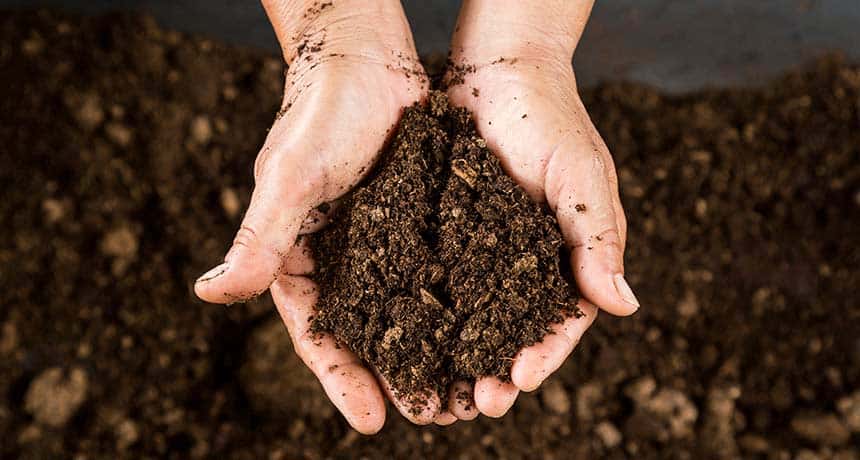If you are having trouble growing plants in a particular soil, there is a chance that soil has been depleted. Soil depletion can happen for a number of different reasons. The first reason is that the water can become saline due to excess salts. Chemicals can also negatively affect soil. If too many agricultural chemicals are used on soil, it can either lose its ability to drain properly or it can become to alkaline or acidic. To find out what is going on with your soil, you may want to find out how to test soil. The Brooklyn College Soil Testing or Urban Soil Institute are great organizations for soil testing.
A Easy Soil Remediation Technique

If you are trying to grow organically, without pesticides, a helpful fertilizer to use is organic compost. This is a great soil remediation technique and it can also be a huge cost saver. All you have to do is save some leftover food scraps like banana peels and tea leaves. This will increase the organic matter content of the soil. This improves the fertility of the soil, the soil structure and its water holding capacity. This is also a good way to sequester excess carbon in the atmosphere, and if properly applied it can reduce the need of conventional fertilizers that can pollute neighboring soil and streams.
Another important soil remediation step you should take if you want to keep your soil healthy is crop rotation. If you continuously grow the same type of plant in the same area, eventually it will deplete the nutrients. This means, each time you harvest, you may want to plant a different type of crop in the area so that the nutrients have a chance to recover. This will help improve your crop yields, reduce erosion and increase soil fertility. If you want to know whether or not your soil is depleted, you should find out how to test soil.
Soil Pollution and Remediation System
Another soil remediation technique is phytoremediation. This is the process of using plants to pull the toxins out of the soil. Plants sometimes have the ability to degrade the toxins into a lesser form. The willow is an example of a shrub that has a great ability to extract toxins from the soil. One drawback of phytoremediation is that the toxins still remain inside the plant. Fungi actually possess the ability to soak up toxins and neutralize them over time. You have to find the right variety of fungi however.
Once you learn how to test soil, you will soon be able to figure out what the issue is. Whether there are not enough nutrients in the soil, whether the soil is too basic, acidic or saline. Having too high of an acidity is also a big problem worth discussing. There are soil remediation techniques for this too.
Soil salinization can happen for a number of different reasons. One of the reasons is pretty obvious, if the soil was exposed to salt directly. This can happen from road salts running off into your soil. It can also happen for 2 less obvious reasons. First, there may be a low amount of rainfall in your area and the soil isn’t being “rinsed” frequently enough. Your soil may also have a poor drainage ability.
NYC Soil Remediation Services Work with the experts
If you really want your soil remediation to be done properly, you should check out the soil remediation and Soil Remediation Services of Eco Brooklyn.

